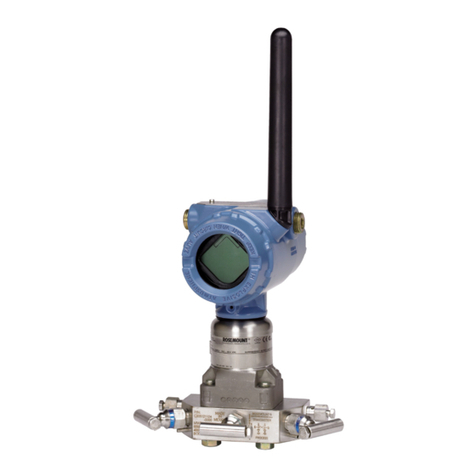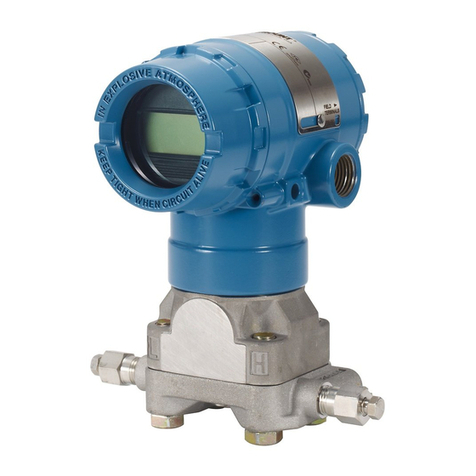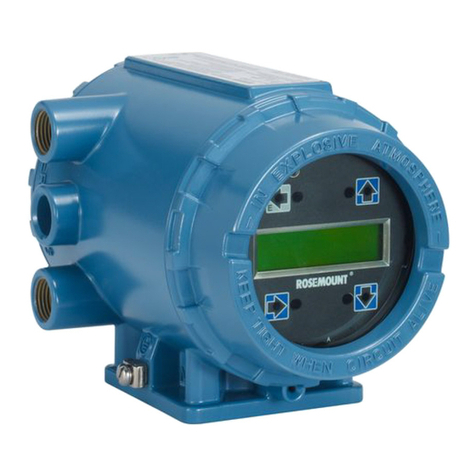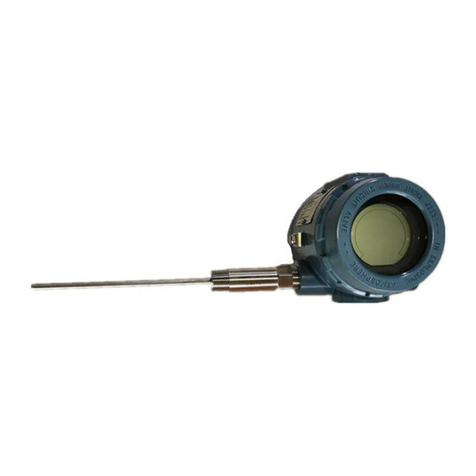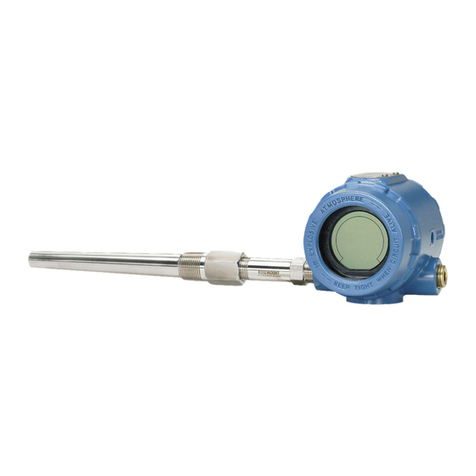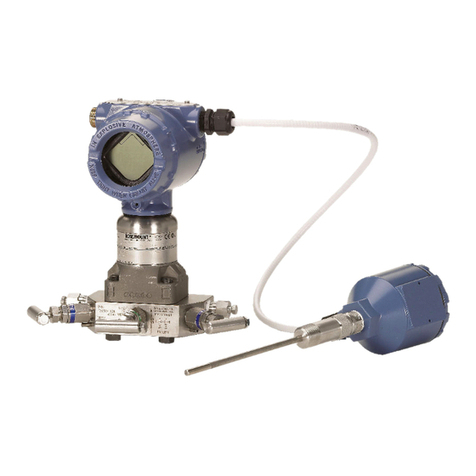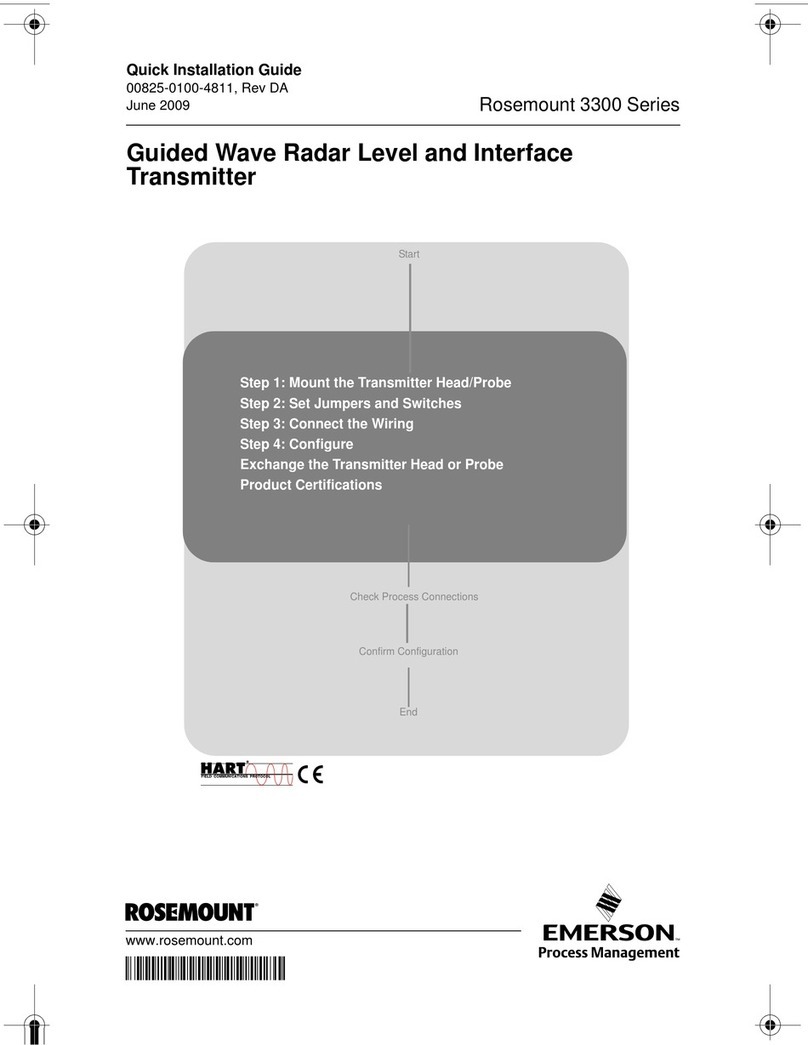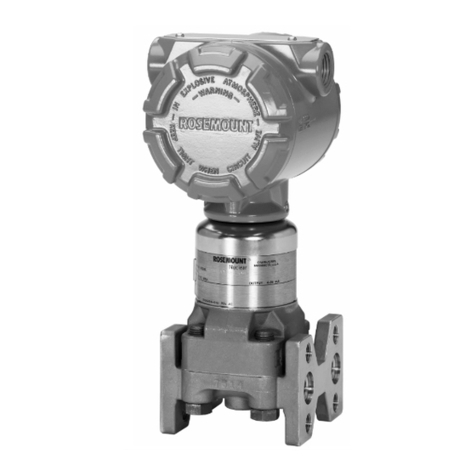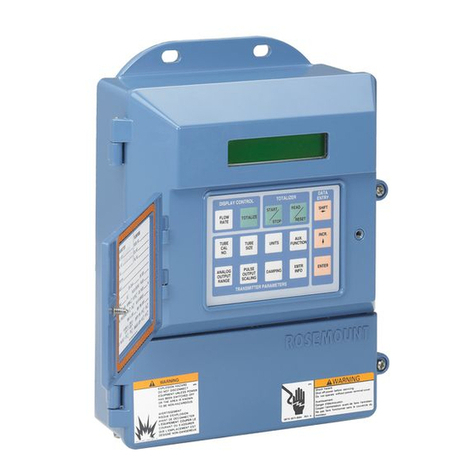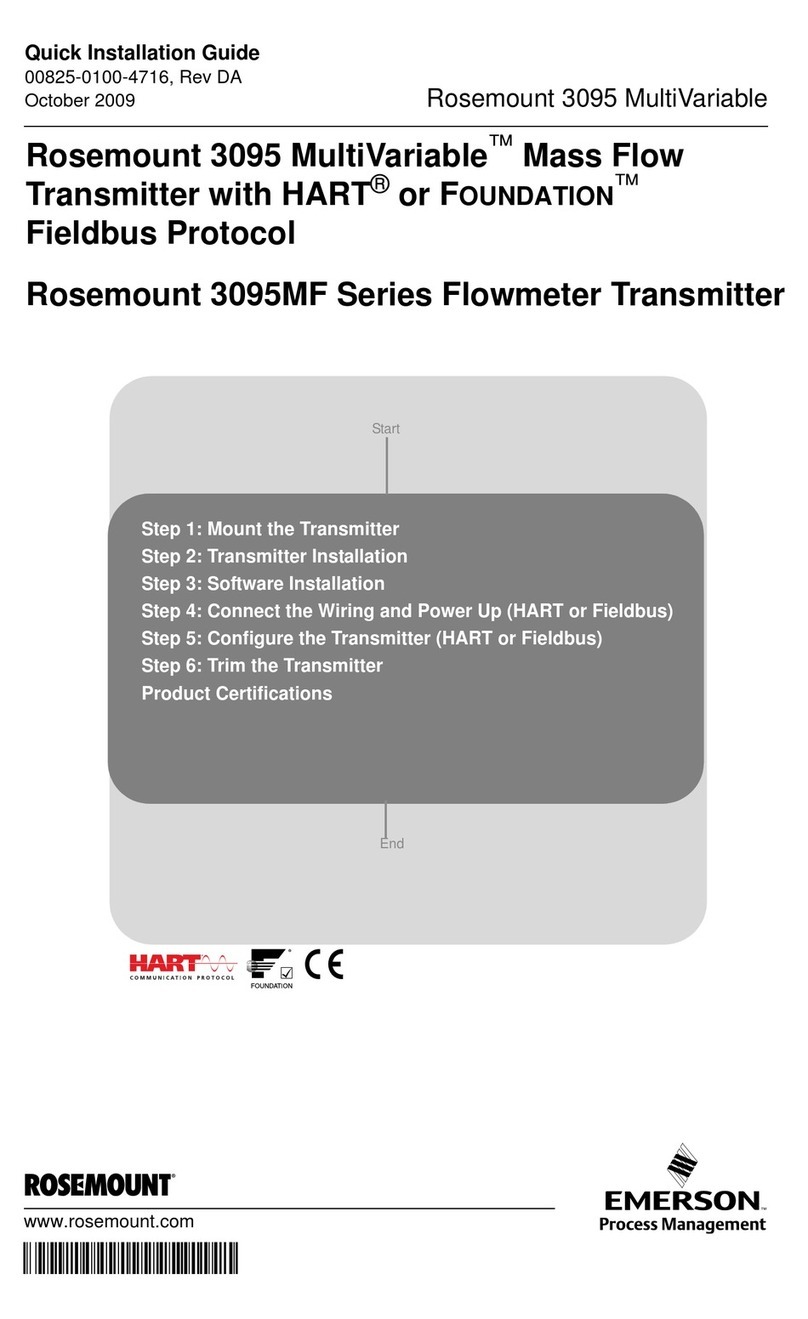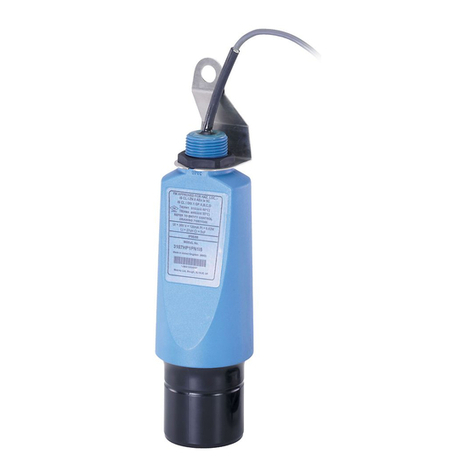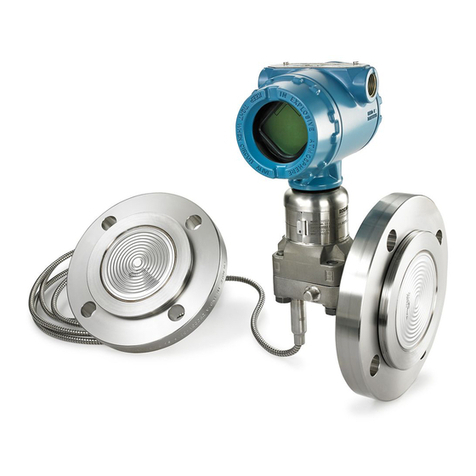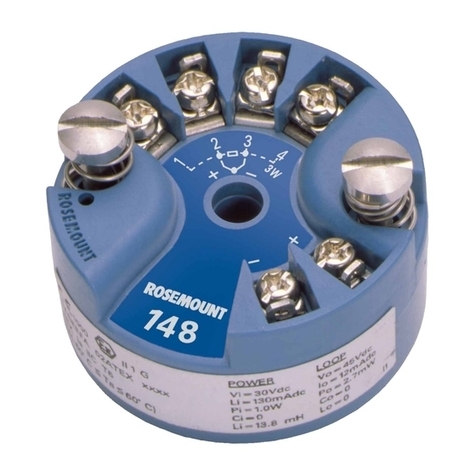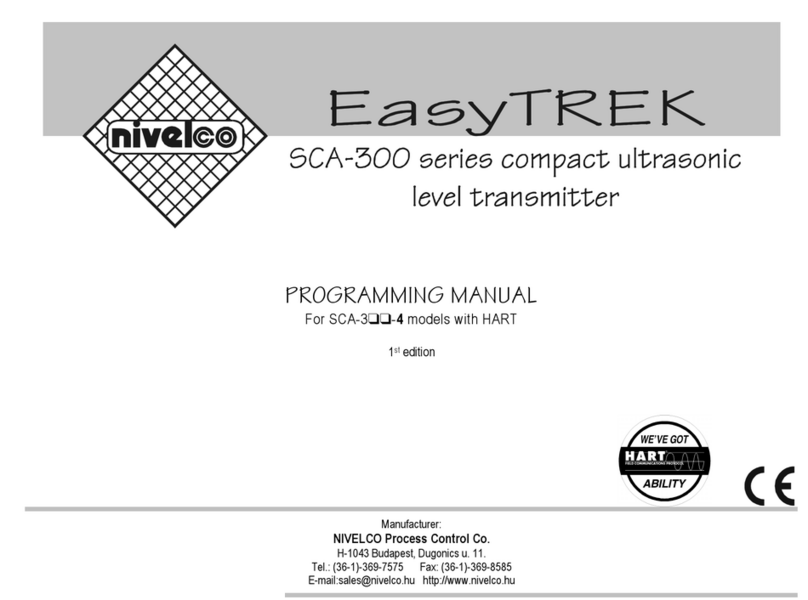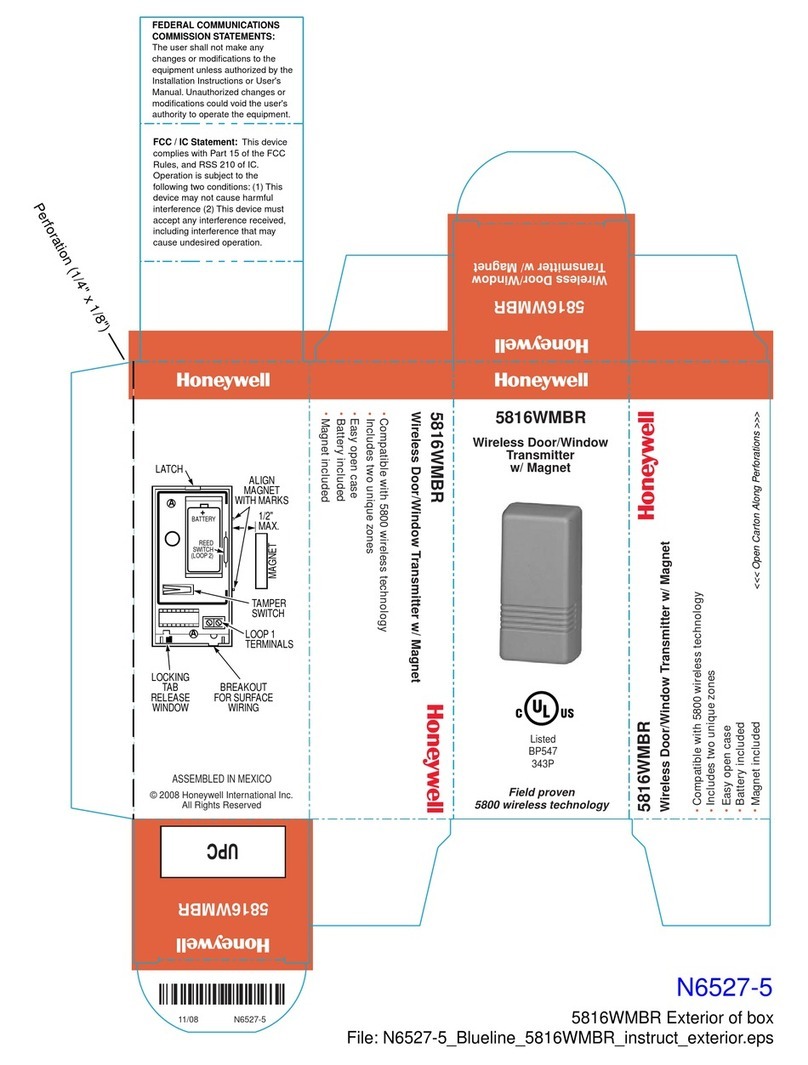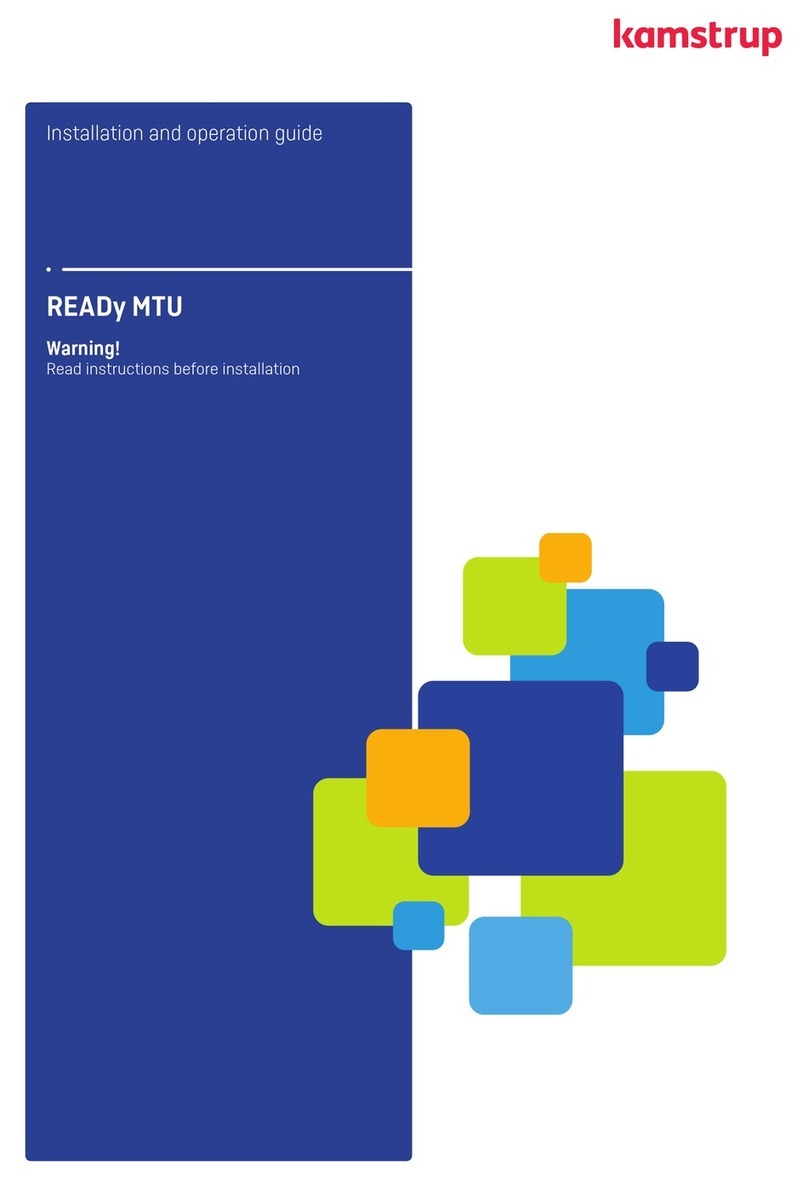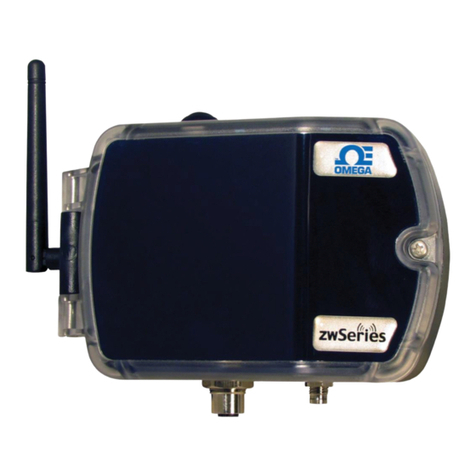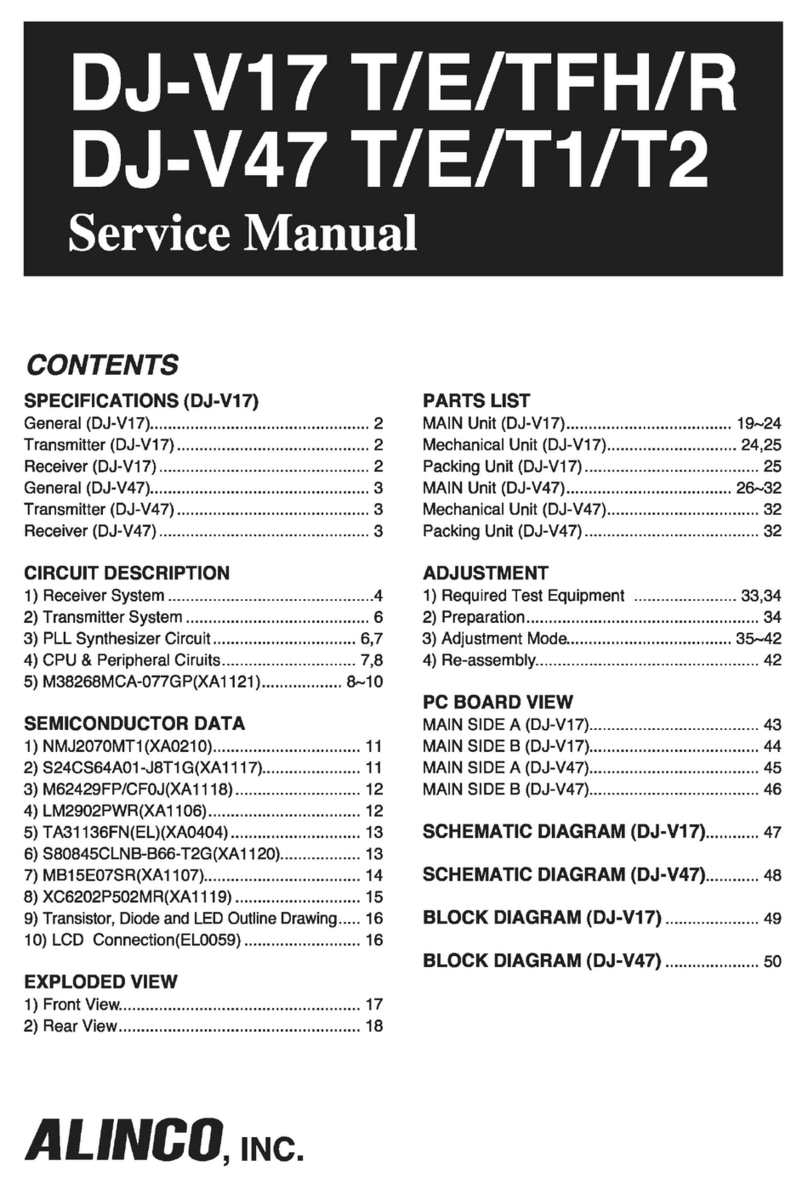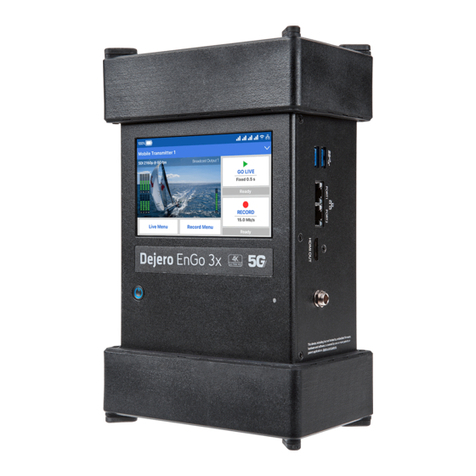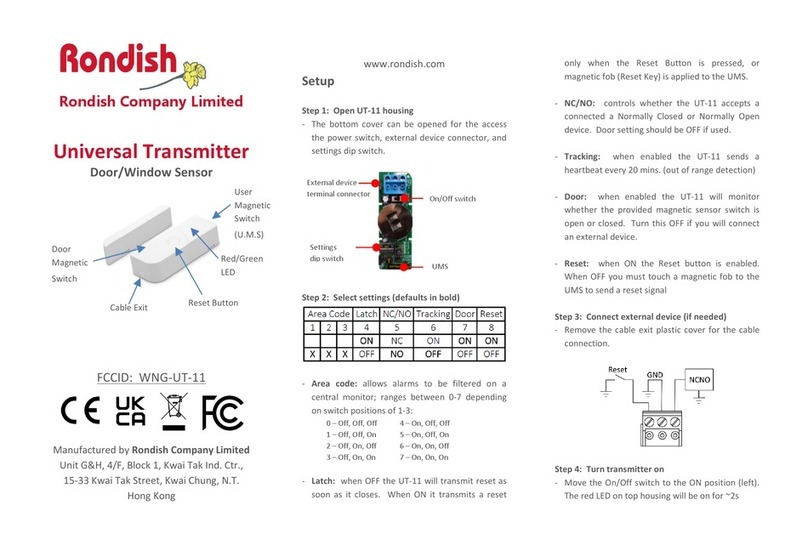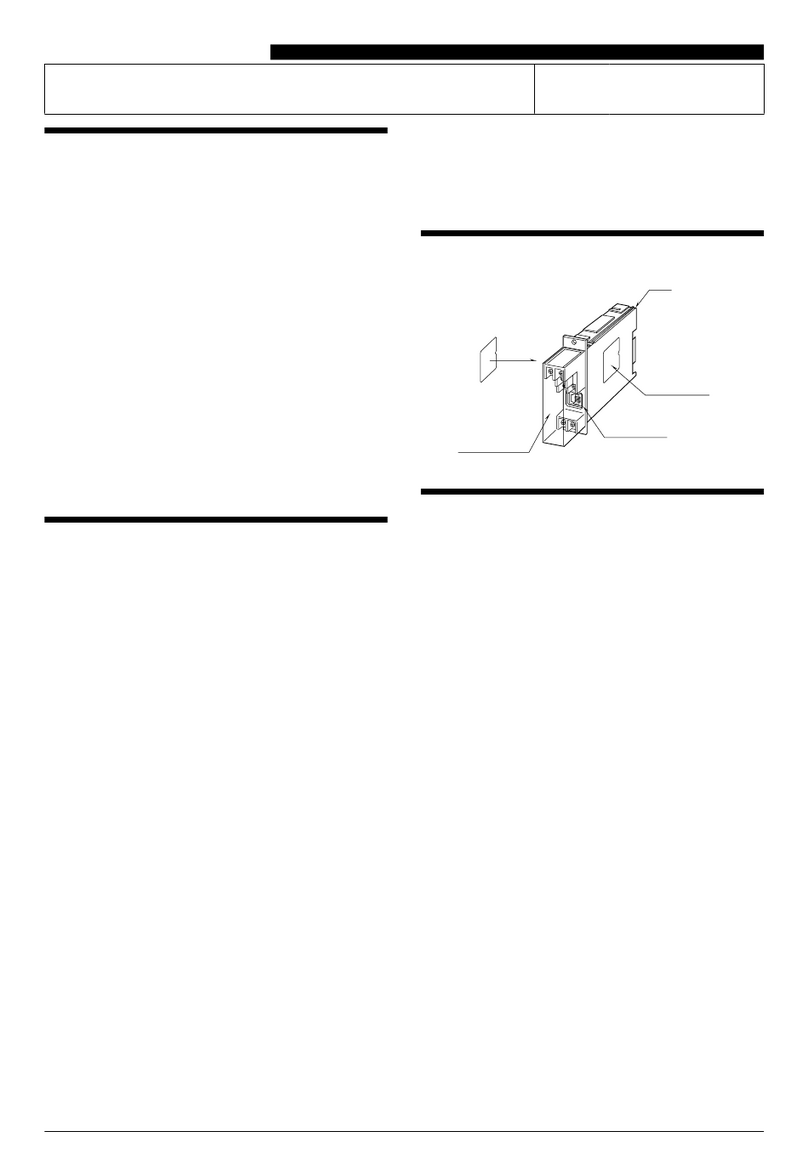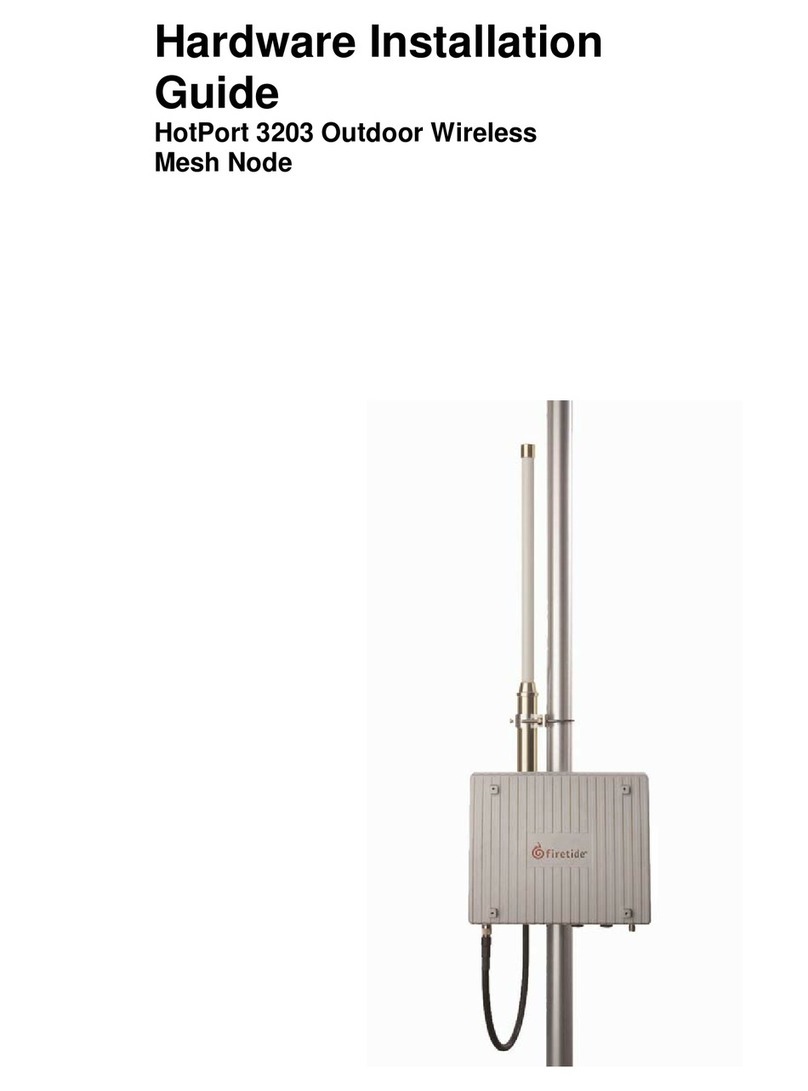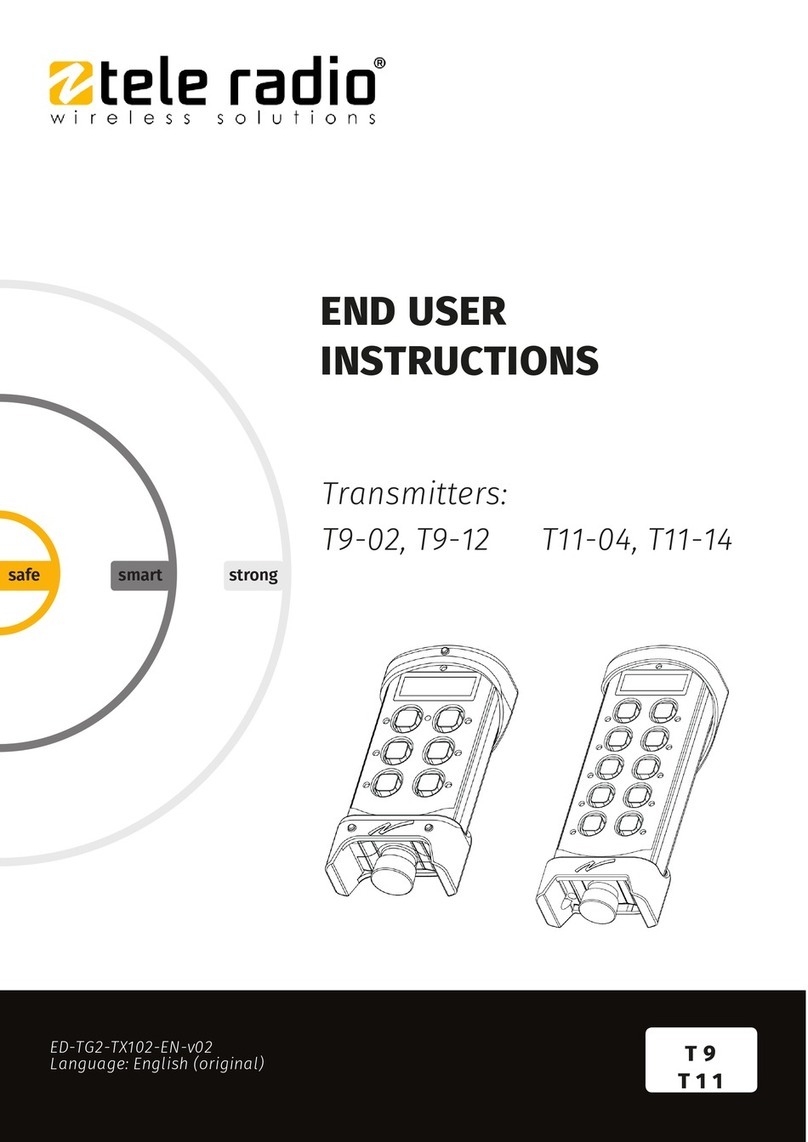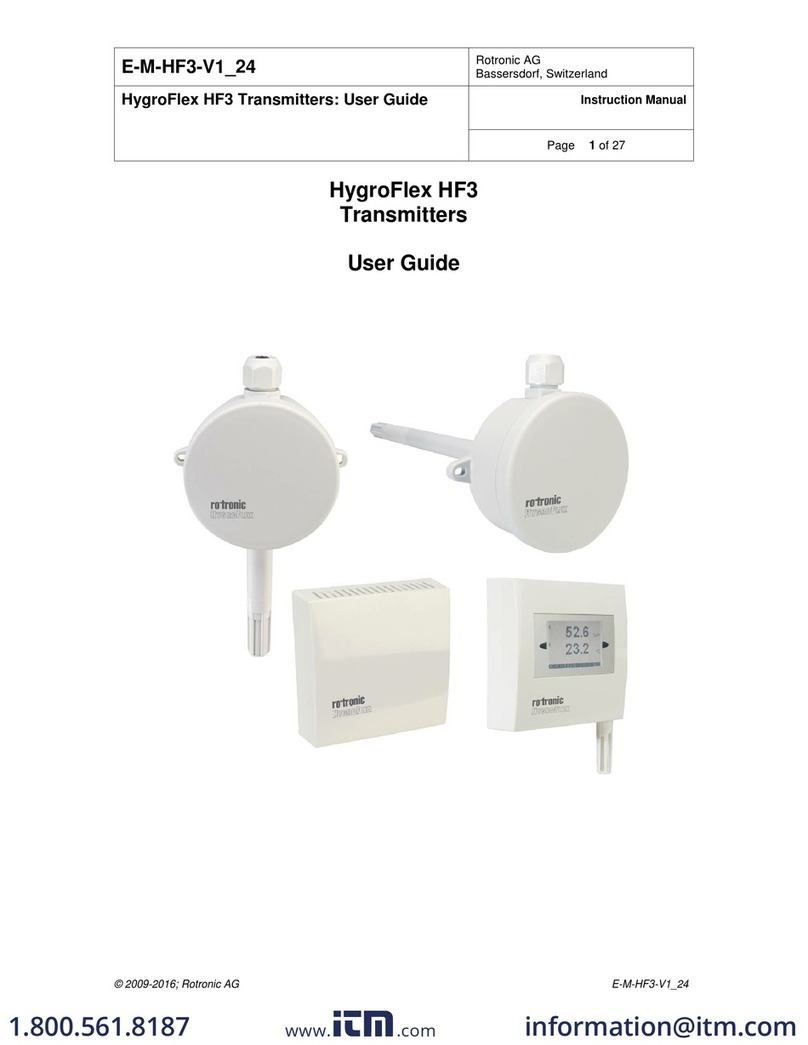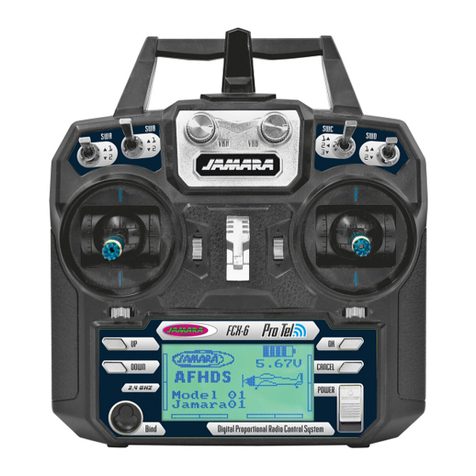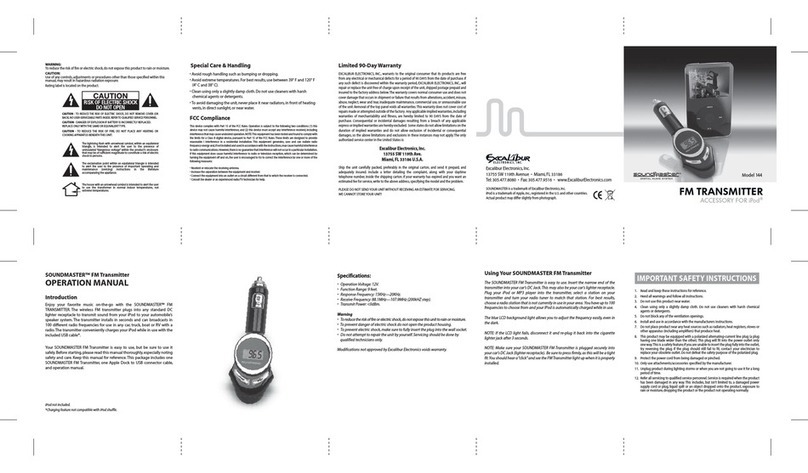
June 2017
2
Quick Start Guide
This guide provides basic guidelines for the Rosemount 702. It does not provide instructions for detailed
configuration, diagnostics, maintenance, service, troubleshooting, or installations. Refer to the Rosemount
702 Reference Manual (document number 00809-0200-4702) for more instruction. This guide and the
manual are available electronically on www.rosemount.com.
This device complies with Part 15 of the FCC Rules and operation is subject to the following conditions. The
device may not cause harmful interference. It must accept any interference received, including interference
that may cause undesired operation. This must be installed to ensure a minimum antenna separation
distance of 8-in. (20 cm) from all persons.
Explosions could result in death or serious injury.
Installation of this transmitter in an explosive environment must be in accordance with the appropriate
local, national, and international standards, codes, and practices. Review the Product Certifications
section for any restrictions associated with a safe installation.
Before connecting a Field Communicator in an explosive atmosphere, ensure the instruments are installed
in accordance with intrinsically safe or non-incendive field wiring practices.
Electrical shock can result in death or serious injury.
Avoid contact with the leads and terminals. High voltage that may be present on leads can cause electrical
shock.
The power module may be replaced in a hazardous area. The power module has surface resistivity greater
than one gigaohm and must be properly installed in the wireless device enclosure. Care must be taken
during transportation to and from the point of installation to prevent electrostatic charge build-up.
Shipping considerations for wireless products.
The unit was shipped to you without the power module installed. Remove the power module prior to
shipping the unit.
Each power module contains two “C” size primary lithium batteries. Primary lithium batteries are regulated
in transportation by the U.S. Department of Transportation, and are also covered by IATA (International Air
Transport Association), ICAO (International Civil Aviation Organization), and ARD (European Ground
Transportation of Dangerous Goods). It is the responsibility of the shipper to ensure compliance with these
or any other local requirements. Consult current regulations and requirements before shipping.
Contents
Wireless considerations . . . . . . . . . . . . . . . . . . . 3
Physical installation . . . . . . . . . . . . . . . . . . . . . . . 5
Device network configuration . . . . . . . . . . . . . 10
Verify operation . . . . . . . . . . . . . . . . . . . . . . . . . 11
Product Certifications . . . . . . . . . . . . . . . . . . . . 28

